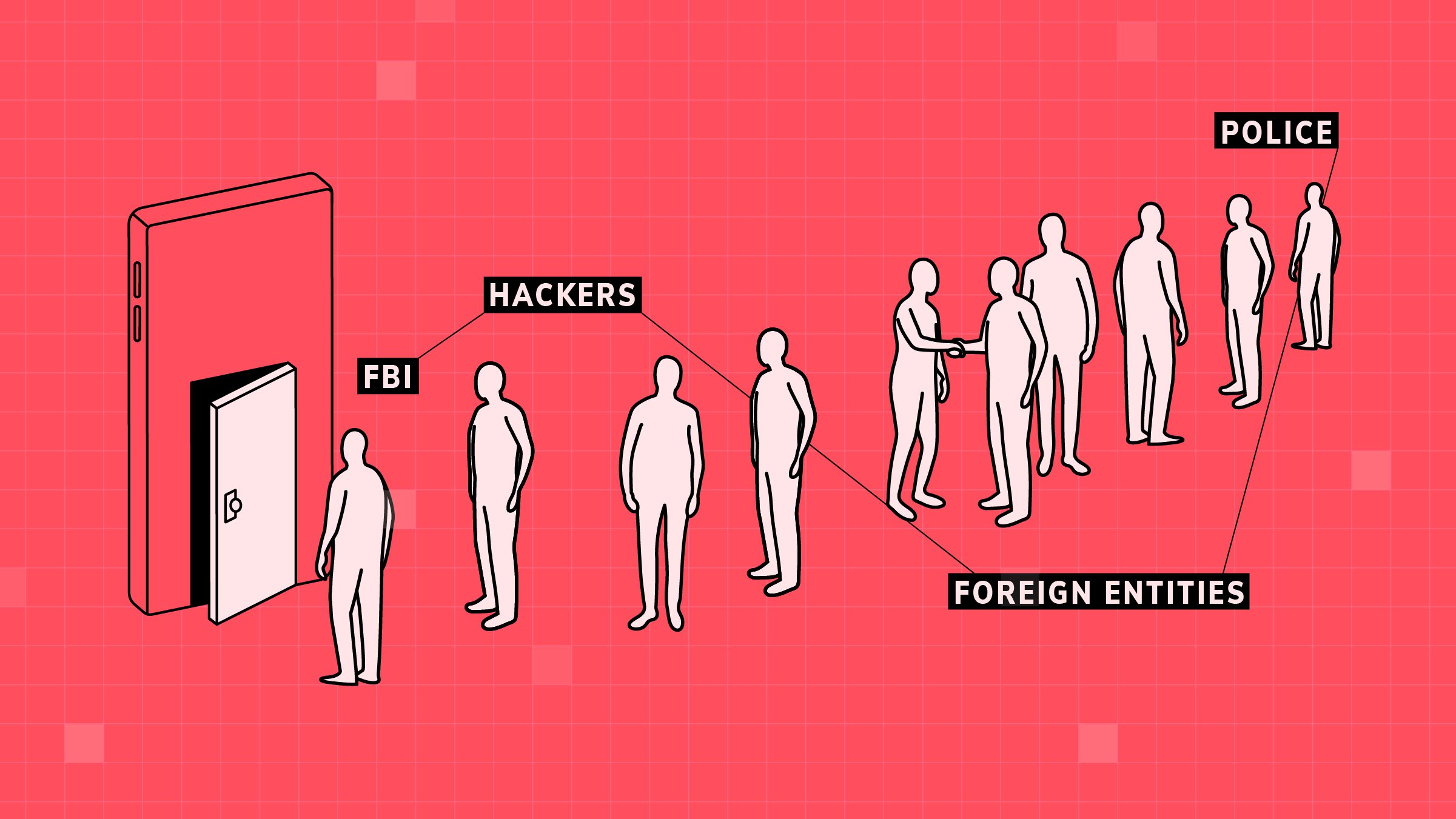
Cyberattacks and data breaches impact hundreds of millions of people each year, exposing personal information, medical histories, financial details and more. A critical defense we have against these attacks is strong encryption.
Encryption uses an algorithm to scramble and protect data. It makes it more likely that only the intended recipient (or keyholder) can see the information it protects. It also keeps thieves away when you shop online, protects your health records and private messages from prying eyes and lets you casually browse the Web securely.

But some governments and law enforcement agencies are concerned that encryption makes it too difficult to catch criminals. Some would require makers to provide “backdoors” to devices and apps, which could be used by officials to decrypt information.

These laws may be intended to protect citizens, but any move to weaken encryption makes everyone more vulnerable. Backdoors can be found and exploited by people who want to do harm. We need encryption to keep us safe in our everyday digital lives. Instead of breaking or weakening encryption, we should be strengthening it.
